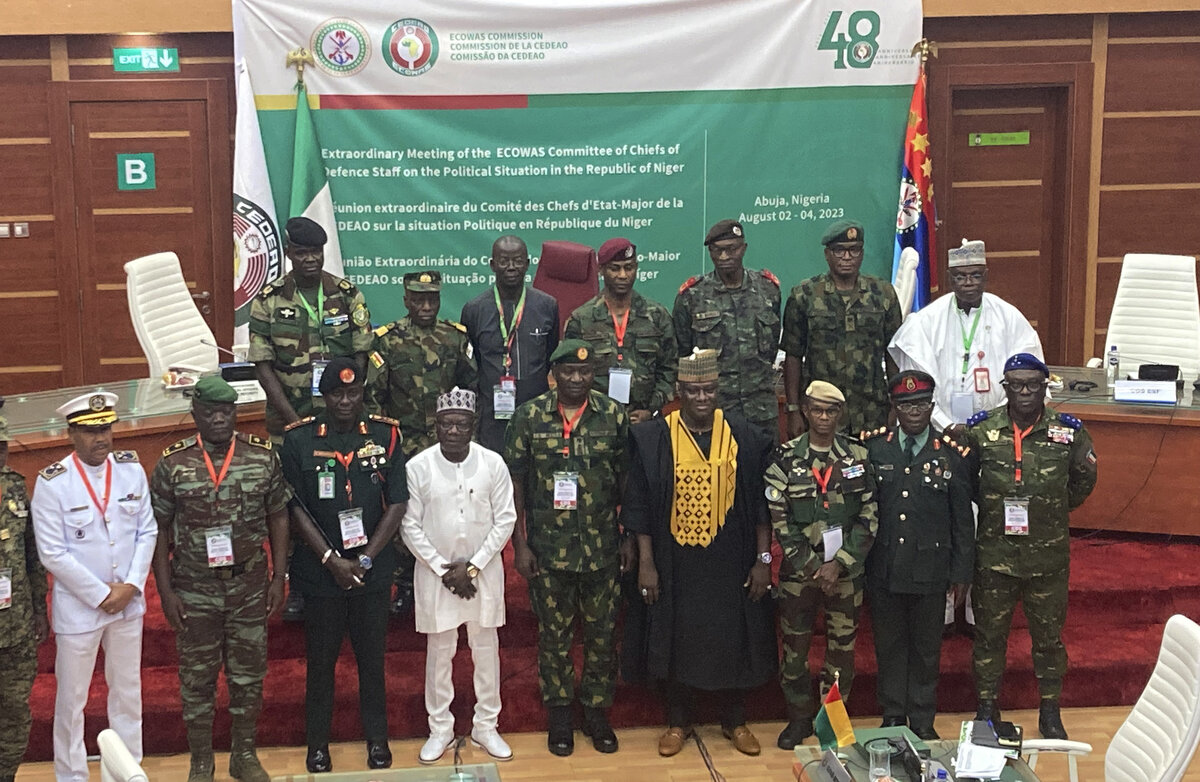
Niger is facing a deepening judicial crisis as a confrontation escalates between the ruling military junta and the country’s magistrates.
The standoff follows the dissolution of judicial unions and the dismissal of a prominent magistrate, moves widely denounced as an attempt to silence the judiciary.
Since seizing power in a coup in July 2023, General Abdourahamane Tiani, head of the National Council for the Safeguard of the Homeland (CNSP), has tightened his grip on the state.
But his latest measures against the justice sector have triggered unprecedented resistance.
On Friday, 8 August, the Autonomous Union of Magistrates of Niger (SAMAN) announced an indefinite strike after its secretary general, Abdoul-Nasser Bagna Abdourahamane, was dismissed by presidential decree without explanation.
Magistrates condemned the move as a politically motivated sanction designed to intimidate the judiciary.
The decision came days after the junta dissolved five judicial unions, including SAMAN, accusing them of failing to contribute “to the proper functioning of the public justice system.”
In response, the Niger Bar Association called a two-day strike, while national trade union centres demanded the reinstatement of the unions and the annulment of the decrees.
“This is an unprecedented authoritarian drift,” SAMAN declared, warning that the measures undermined judicial independence and national cohesion.
The junta had already dissolved several unions in April, including those representing customs, water and forestry officers, invoking the “Charter of Refoundation” — a text elevated to constitutional status which bans union activity within the armed and paramilitary forces. The charter also sets a minimum of five years for military transition.
Analysts say the extension of this ban to the judiciary marks a significant escalation, striking at one of the few institutions capable of acting as a counterweight to executive power.
The timing comes as Niger continues to grapple with insecurity, with jihadist groups linked to al-Qaeda and the Islamic State launching repeated attacks in border regions with Mali, Burkina Faso, and Nigeria.
For many observers, silencing the judiciary risks destabilising the country’s governance even further.
Judicial strikes in Niger have historically gained broad support, and SAMAN’s current mobilisation threatens to paralyse the justice system entirely. By attempting to reshape the courts to fit its authority, General Tiani’s regime has now opened itself to mounting internal dissent.



